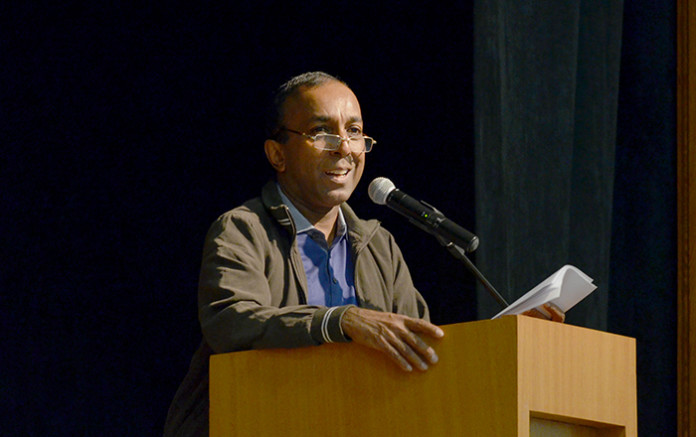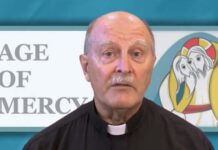BANGALORE, INDIA The first pan-Asian conference of Catholic moral theologians convened here in July to seek ethical responses to the region’s fundamental issues and to help the church exist as a minority group in a multicultural and multireligious environment.
During the four-day conference, which concluded July 20, about 50 theologians presented scholarly papers dissecting the current scenario in the region, which accounts for half the world’s population.
The conference, called “Doing Catholic Theological Ethics in a Cross-Cultural and Interreligious Asian Context,” drew 95 moral theologians from around the world as well as some 300 seminarians and their professors.
Boosting their morale on the concluding day, Filipino Cardinal Luis Antonio Tagle of Manila disclosed that Pope Francis sees the future of the church in Asia. The 58-year-old cardinal said the pope made the comments when they were discussing Tagle’s recent appointments to international church bodies.
Such a dialogue would force the church to confront the region’s complex issues and problems like sexual violence against women, forced migration, religious fundamentalism, threats to democracy, fertility tourism, and land grabbing by corporate houses.
The theologians scrutinized all this and other related matters through 14 papers presented at plenary and 36 papers at concurrent sessions.
Redemptorist Fr. Vimal Tirimanna, who teaches theology at colleges in Sri Lanka and Rome, reminded attendees that the FABC has tried to teach how to live Christian life in the region since the federation was formed in 1972.
The Sri Lankan theologian, in his keynote address, regretted that most Asian theologians have failed to take FABC indications seriously and continue to walk along “the beaten track of the classical Western moral theology.”
“This is obvious if one were to glance through the syllabuses of Asian seminaries and other theological institutes where moral theology is taught and studied,” he said. “Even in their writings, the majority of Asian moral theologians seem to be locked inside the Western classical framework of moral theology.”
The “classical European theology,” he explained, perceives faith as a body of truths and dogmas and uses philosophy to explain them. Asian theology, on the other hand, starts with experience of the faith and analyzes concrete situations with the help of sociology, psychology and anthropology, along with Asians resources.
What matters to the bishops in Asia, Trimanna said, is the daily experiences of their people rather than “purely abstract theological concepts.”
Tirimanna expressed the hope that moral theologians in Asia would work toward a genuinely Asian moral theology that tries to understand farmers’ suicide, starvation deaths, pollution, and gang war killings while studying life issues.
Interfaith marriages are an “unavoidable reality” in multireligious Asia, posing both opportunities and challenges for evangelization in the region, he said. He wants theologians to help the church find “pastoral ways to protect the faith” of Asian Catholics who enter into such marriages.








